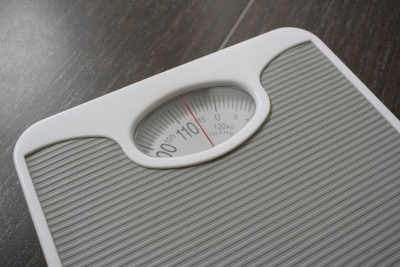The effects of aging on memory: what changes?
Memory is not a singular function but a collection of processes that involve different types of recall, including episodic, semantic, source, and item memory. Each of these is affected differently by aging.
Episodic memory, which is responsible for recalling personal experiences, is particularly sensitive to age-related decline. According to Natasha Rajah, a psychology professor at Toronto Metropolitan University (TMU) and Canada Research Chair in sex, gender, and diversity in brain health, this decline often begins in midlife. While episodic memory tends to deteriorate, semantic memory—our knowledge of facts and general information—may actually improve with age as we continue to acquire new knowledge.
In contrast, source memory, which helps us recall specific details about past experiences such as when or where an event occurred, also diminishes with age. However, item memory, which allows us to recognize objects or people we've encountered before, remains relatively stable.
As Rajah notes, "There is a debate about when memory decline begins, but my research shows that episodic memory remains stable until midlife, then starts to decline slowly, accelerating in older age."
The aging brain: structural changes and their impact on memory
The brain, like other organs, undergoes physical changes as we age. The hippocampus, a crucial area for converting short-term memories into long-term ones, begins to shrink around the mid-to-late 50s. Similarly, the prefrontal cortex, which plays a key role in encoding and retrieving memories, starts to decline in mass as early as age 30.
Despite these changes, the brain retains a remarkable ability to adapt and change over time. Teresa Liu-Ambrose, a physical therapy professor and Canada Research Chair in healthy aging at the University of British Columbia, explains that as we age, our brains become more precise, engaging in a process called pruning. This process involves the elimination of weaker neural connections in favor of those that support essential skills and memories.
However, the brain’s ability to continue forming new connections doesn’t entirely disappear. Liu-Ambrose emphasizes, "The brain's capacity to keep changing over time is retained." This means that while certain memories may become harder to retrieve, most individuals with healthy brains can still form new memories and learn new skills as they age.
Differentiating between dementia and normal aging
It's crucial to distinguish between the normal memory decline that comes with aging and more serious conditions like dementia. Dementia, including Alzheimer's disease, involves more profound cognitive impairments that significantly disrupt daily life. Rajah points out that neurodegenerative diseases affect not just memory but also other cognitive functions such as language and executive function.
For instance, someone with Alzheimer's may not only forget a recent event but also struggle with language and navigation. In contrast, someone experiencing normal age-related memory decline might occasionally forget where they parked their car but still retain the memory with a bit of prompting. The "tip-of-the-tongue" phenomenon, where a person knows they know something but can't immediately recall it, becomes more common with age but doesn't necessarily indicate a serious problem.
Strategies for maintaining memory in old age
While memory decline is a common aspect of aging, there are ways to mitigate its effects. Rajah highlights that lifestyle factors play a significant role in determining the extent of memory decline. Those who maintain their cognitive function well into old age, often referred to as "maintainers," tend to have higher education levels, better socioeconomic status, healthier diets, and regular physical activity.
Liu-Ambrose underscores the connection between physical health and brain health, stating, "A healthy body is a healthy mind." Engaging in regular physical activity helps maintain the brain's health because it is a highly metabolic organ, nourished by the heart and lungs. Additionally, cognitive exercises such as using mnemonic devices, setting reminders, and organizing tasks with notebooks or digital tools can support memory retention.
For those looking to preserve their cognitive abilities, it's essential to stay mentally and physically active. Taking steps to support both brain and body health can help individuals maintain memory and cognitive function well into their later years.
Aging is an inevitable process, but it doesn't have to mean a significant decline in memory and cognitive abilities. By understanding the different types of memory and how they are affected by aging, and by adopting healthy lifestyle practices, individuals can work to maintain their cognitive function. While the brain undergoes structural changes as we age, its capacity for adaptation remains, offering hope that we can continue to learn and grow throughout our lives.
source: CBC


 Canadian experts release updated national standards for pediatric obesity care, highlighting psychological support, family involvement, and medical options. The first major
Canadian experts release updated national standards for pediatric obesity care, highlighting psychological support, family involvement, and medical options. The first major The consumption of ultra-processed foods is a growing concern worldwide due to its links to major health issues. From obesity
The consumption of ultra-processed foods is a growing concern worldwide due to its links to major health issues. From obesity Loneliness, a widespread and often unspoken issue, has been recognized as a significant public health concern. Research shows it can
Loneliness, a widespread and often unspoken issue, has been recognized as a significant public health concern. Research shows it can

